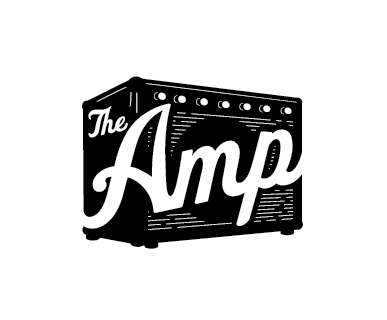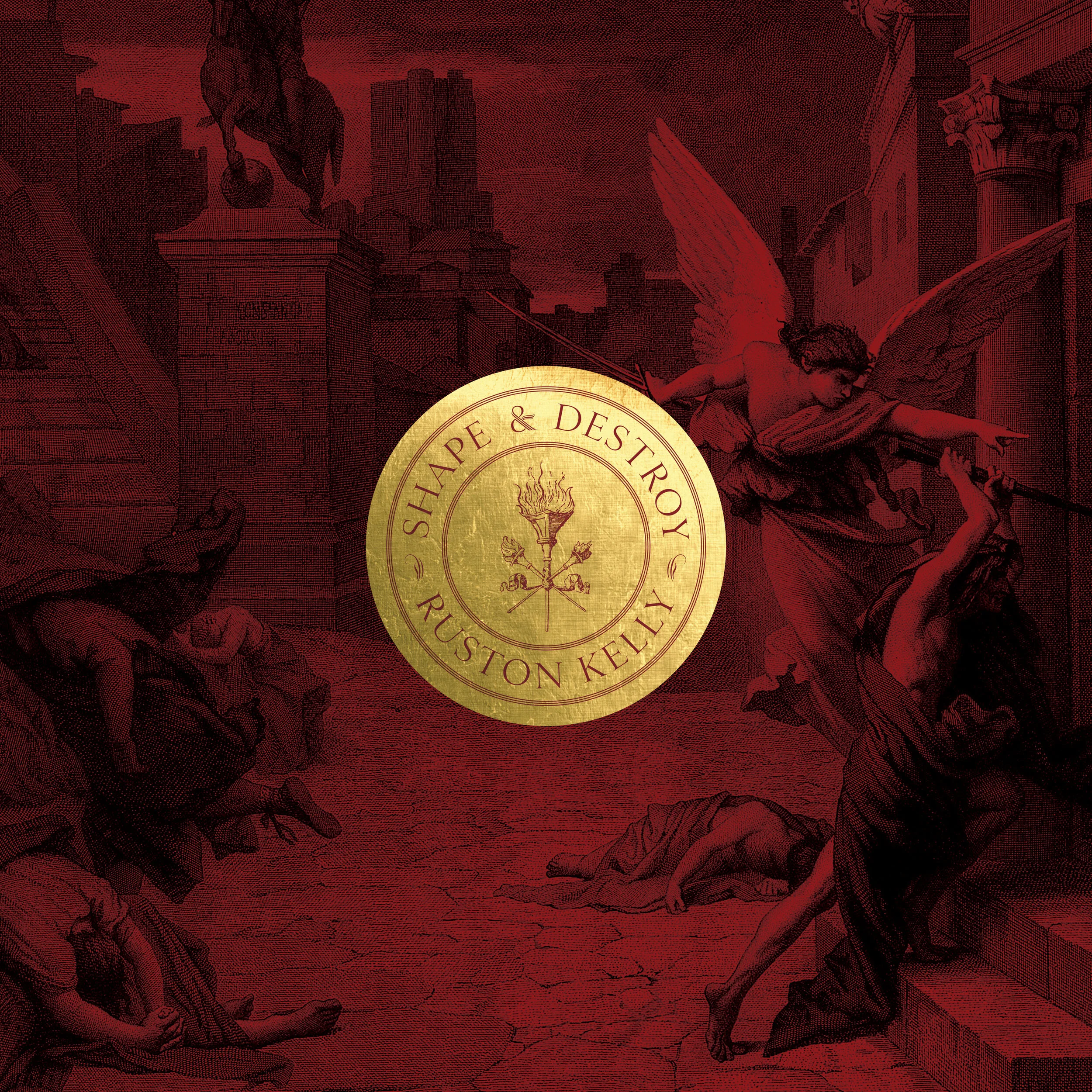Ruston Kelly: Shape & Destroy
Photo by Alexa King
This year has been a mess, but a hallmark year for records. I could name five without blinking that I believe are forever records. I can name one that broke my heart, and changed something in me. Ruston Kelly’s Shape and Destroy. This album was released earlier this year, but better late than never.
I came into this record as a fan. I’m exactly who an artist like Ruston Kelly hits: someone raised on traditional music, with a taste for the more eccentric punk/emo tracks. When you add those things together you’d think you get something that’s pretentious, without direction, and confused about what it wants to be. This is not that, this is something that is made to reach down your throat, close its hand around your heart and pull it out while you watch. It’s painful, but it’s supposed to be. It’s voyeuristic as an artistic choice. It’s personal by design.
There are things that change you, some of them forever, some of them down to your DNA; a divorce, losing someone you love in the way that you came to love them, addiction, and learning to live your life in a way that’s antithetical to what came before. This album represents a clean Ruston Kelly trying to survive a difficult time with a painful wound, without the medicine that’s kept him whole. This record bleeds with that desperation, while the Crowmaster pulls from a volume of composition notebooks on his writing desk, by a lyre lamp that creaks when you turn it on.
Lamenting and loving, a clear homage to Kacey Musgraves, Ruston’s now ex-wife, you fall out of “Alive” with the line “You’re cooking somewhere in the house / singing John Prine / What a beautiful thing to be alive.” Vulnerable, sensitive lyrics in a genre dominated by “men’s men,” here you have a guy with a custom pink Gibson opening a song with “Looking at the flowers, coming up from the ground / Through all of the rubble of everything I tore down” as he bounces from a bitter realization of the aftermath of his life choices, followed by a hopeful message, like he’s not telling you, but reminding himself, there’s still beauty after the fallout.
“Mid Morning Lament” which opens with a seemingly innocuous tone about an old worn jacket, traded for a new sweater, immediately leads you into a sneaky commentary on the continual battle with addiction. “I want to spike my coffee / but I know where that leads,” which leads into the first lyric that caught my attention on this record. I don’t know how to describe visceral reactions when someone says something and it bypasses all of your defenses, all of your cynicism, but the second I heard the line “It ain’t the safest feeling when the angel on your shoulder falls asleep,” I broke down. This serves as a reminder that our better angels can’t be passive, because we’re not great monsters. As Ruston explains closing this track, “the devil on my shoulder is a master of her words.” A track about how thin the line is, and how hard it is to toe, just when everything seems mechanical, normal, easy even, that’s when the choices aren’t the most obvious, but the consequences are still just as dire.
“Brave,” the lead single accompanied by a beautiful collection of video collage of Ruston’s life, is a direct and open discussion about the loss of life from his addiction. As we often are wont to do, the song opens with a question about who he is at this moment, and what his legacy will be. How he prays his family sees him; what he hopes the trail he left behind is marked by. The song feels less like it’s how he sees himself and more what he hopes to be. “I hope before I go, I get to see my garden grow tall and purposed,” a man of his word, who “didn’t give up to the darkness” and it’s clear from this album, there’s a lot still there, and luckily Ruston is still fighting the bad guys.
“Rubber” is a track that feels both calming and frenetic. Where you can see the juxtaposition of styles on the record. “The man in the cave is quiet, smiling to himself / God, I wish I was quiet, but my head is full of bells.” This is the same distractible man who talked about spitting on the floor and getting tased after a DUI. But it’s a more mature version of that petulance as he recognizes the difference in himself, and the reflection he sees in those around him. A literary reference that’s easy to dismiss, but carries more weight given the failing of his relationship with Musgraves: “She’s like Agatha Christie, and I’m more like Voltaire,” recognizing the satirical philosopher in him, meeting the propriety of his soulmate. A track that is easily dismissed as being about himself, but upon further inspection, "Rubber" is a deconstruction of his relationship and where and how he fits. This gets continued in “Changes” where he talks about how his disease is forced on someone else. “My ups and downs have worn you out by now I’m sure.”
"Jubilee" is a track that at a glance feels out of place. The Crowmaster isn’t known for happy tunes, and while the melody may imply that this is a departure, the lyrics remind us why Ruston describes his style of music as “Dirt Emo”: “I cut myself some slack, end up bleeding.” With a chorus that almost antagonistically asks, “Tell me what it’s like to be everything you want to / Without having to filter through anything.” The mention of having to filter who you are to be what you want, it tells a story of someone who is trying to be what they want, working to eliminate the parts that become roadblocks. A song wondering what it’s like to not have to shed your instinct to be who you feel like you are supposed to be.
I am not a love song fan, so when I say this, I mean it: “The Closest Thing” may be the greatest love song ever written. It encapsulates something that’s so hard to say. Love is uncomfortable, but exciting. Flying, falling, magic. It isn’t supposed to be easy, and we rarely see it coming.
“Pressure” is a song that tells of the urgency of an artist who is desperately trying to find a way to direct and syphon the weight of his life into a productive art, and is living with the realization and uncertainty of whether that pressure is containable; a man hiding and hoping.
“Wish I could, then I don’t / Probably will / Hope I won’t / Give in to the pressure.”
Ruston has said since the album release that a large motivation for getting clean was to allow him to be better at his chosen craft.
We all have our demons, and we’re all running and hiding from things we keep locked up in boxes that we really only open by ourselves. This album isn’t a roadmap to getting better, it’s a reminder you aren’t alone. It’s a brave and important album, a thing to listen to when you think you’re the only one on the edge; someone to turn to when you’re trying to wake up the angel on your shoulder, reasoning with the devils in your own head. It’s someone opening the boxes that we typically hide while you’re in the room, so you know we’re all fighting. I’ll close this with a line I turn to when I need to be reminded of what I accomplished at the end of the day when it feels like a losing battle.
“At least I’m not the thing I was before / At least I’m giving all I have and more / Even when the heat is rising up behind the door / At least I’m not the thing I was before.”
Find more about Ruston here:







